Starting as early as Kindergarten, children are often put into different tracks of advancement based on their intelligence. These tracks offer different levels of curriculum to allow students as identified as smarter to learn at an accelerated rate and get ahead of their peers even in elementary school. The difference between two groups of students grows each year, and this leads into the Academically or Intellectually Gifted (AIG) program North Carolina has made necessary for its public schools to employ.
This program, and others like it, only serve to create an ever growing rift between different groups and classes of students. Furthermore, academically gifted programs, while allowing young students to learn earlier on, hurt the intellectually gifted from growing in their future educational careers. The AIG program, while possibly useful when it was instituted in 1996, no longer holds its worth and should be altered to properly reflect the needs of school children of any age and intelligence.
The biggest problem with advanced learning curricula is most evident in honors or AP level high school classes. One of the most common complaints students have once they reach classes which are legitimately difficult to them, such as AP US History, is that they find that they have not gained the necessary skills in order to do well in the class. That is to say, they have not learned how to “learn” since they do not spend enough time doing homework or studying for other classes. After years of being told they are smarter than their peers, academically gifted students often do not know how to react when they are faced with work that requires more strenuous practice. Yes, the AIG program is intended to increase the rigor of courses earlier on, but often the class gives less focus on homework and studying and more on work in classes.
On the other side, students that are put on lower tracks for “academic” classes get to feel less able than their peers and are put below them from day one. In early grades, the biggest difference measured between students is not how hard they work in a class, but instead is based on their raw intelligence. This incorrect way of grouping results in students that are not actually able to handle future work being placed in academically gifted classes, and students that would do well in more difficult classes being placed in the academic version.
The current AIG program also feeds the already oversized rift between societal classes.. In Malcolm Gladwell’s book, Outliers: The Story of Success, appropriately one of the necessary readings for AP English III students, Gladwell explains how children who come from lower income families are predisposed to doing worse in school because they have not been prepared for school in their home life. When children begin school, almost immediately, the majority of children of lower income families get put into academic classes while students of middle to high income families can begin taking more difficult classes. As years pass, lower income students rarely have a chance to overcome these handicaps and may never get to reach their potential in grade school.
North Carolina, as well as many other United States school systems, should stop forcing so much emphasis on the AIG programs they have in play. Instead of forcing children to be put into different groups to learn starting from third grade, they should wait for at least a few years to make sure home disadvantages are not stopping intelligent students from entering the programs they deserve to be in.
The current iteration of the AIG program in North Carolina is harmful to almost everyone involved, and could be more useful to more people. Not only are academic level students left to feel worse about themselves, even the students considered academically gifted are being harmed by never developing the skill to study properly. There is a surprising lack of studies done on the effects of the AIG program, and it needs to be analyzed to ensure the program is not harmful to students.

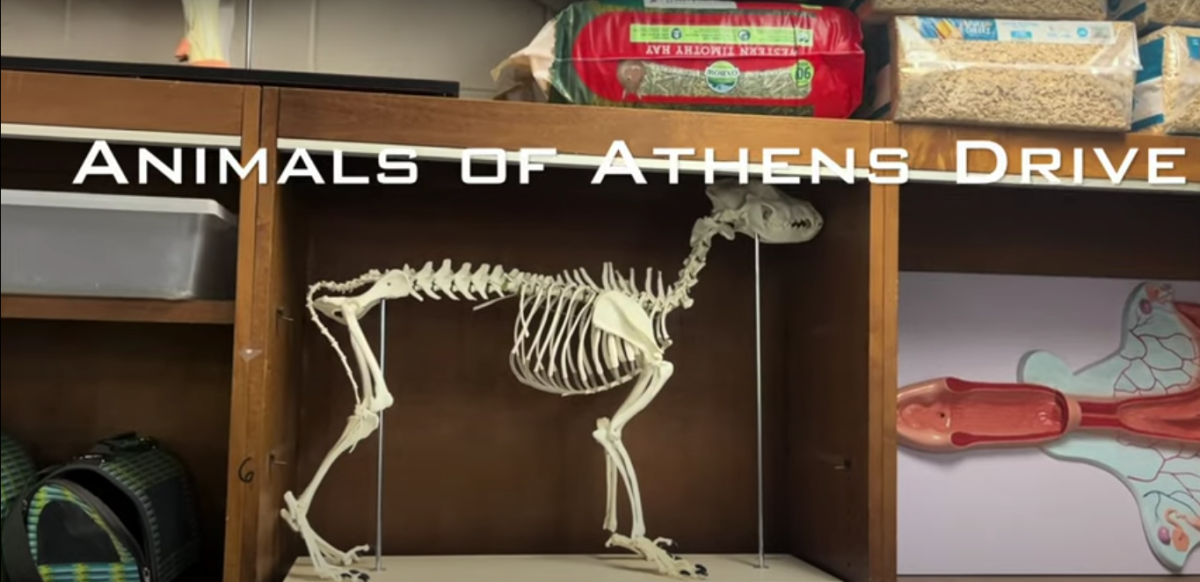

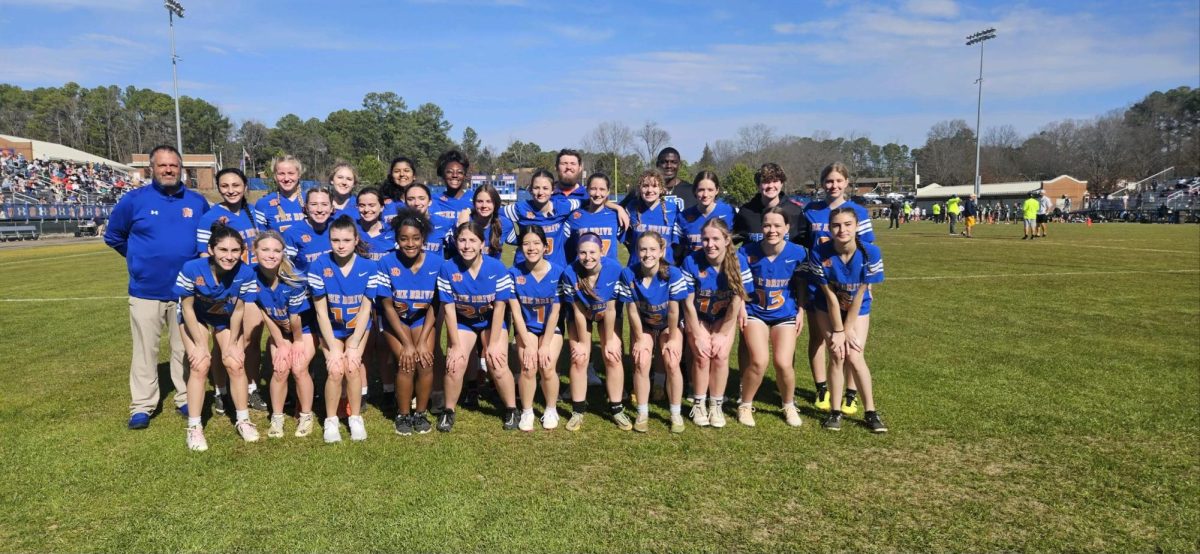
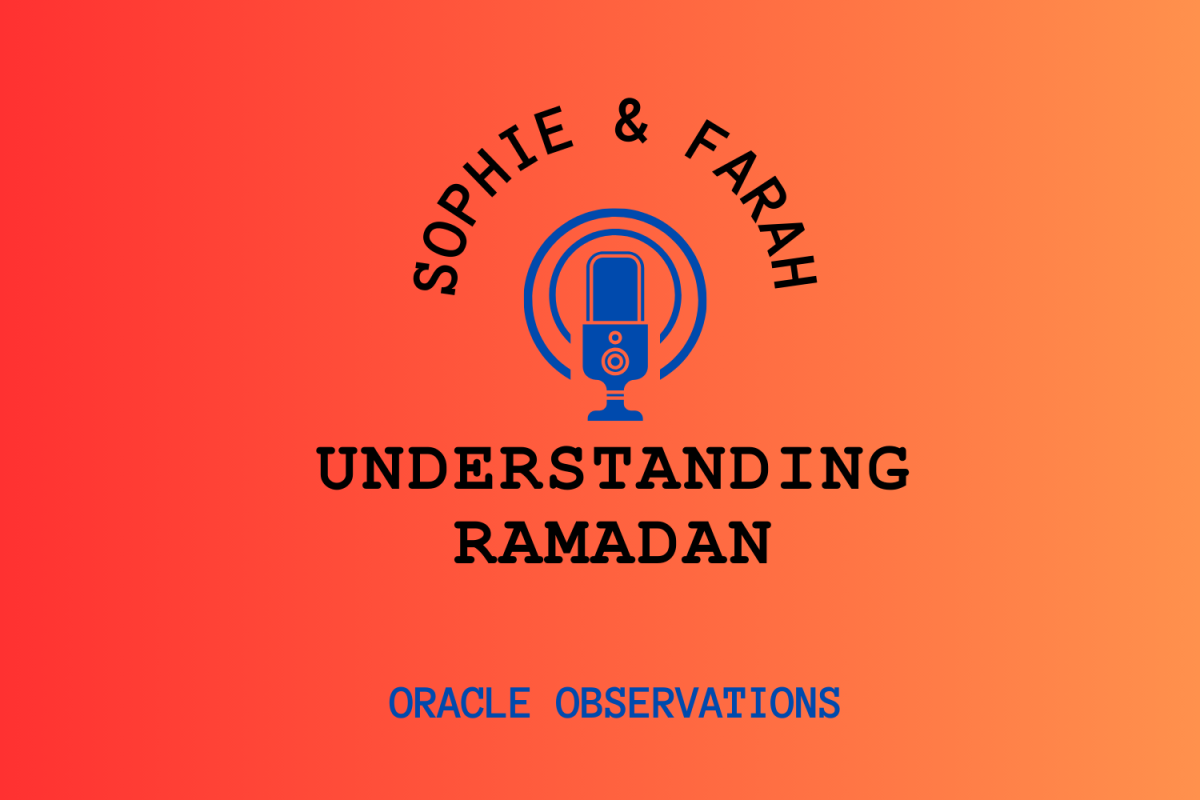
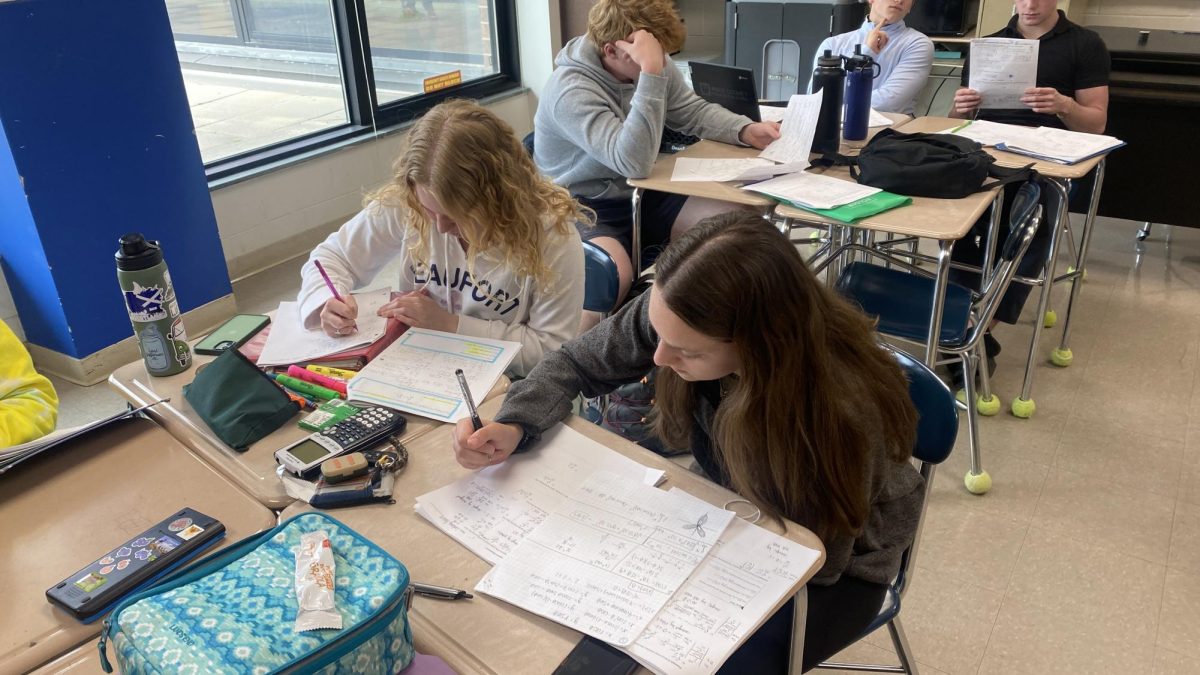



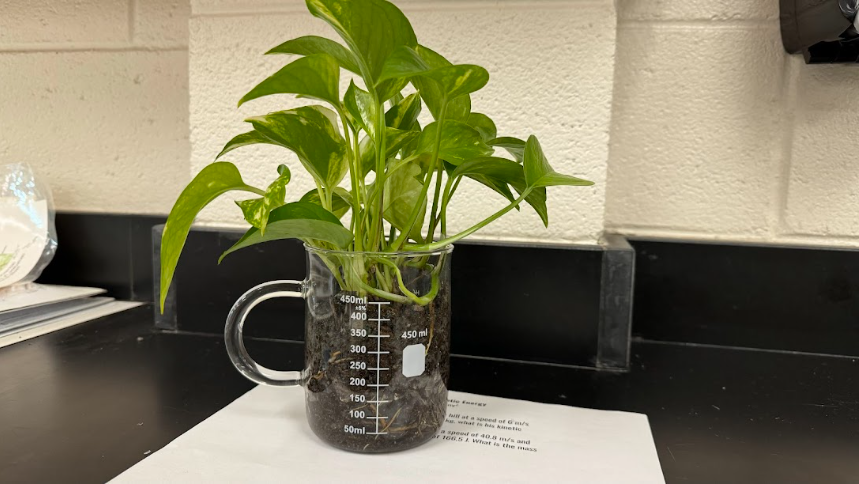



Youth NHL • Jan 19, 2015 at 10:44 am
Let’s get this straight: there is no political barrier whatever standing in the way of polio eradication. The barrier has been put up by fanatics,Michael Kors Bags.